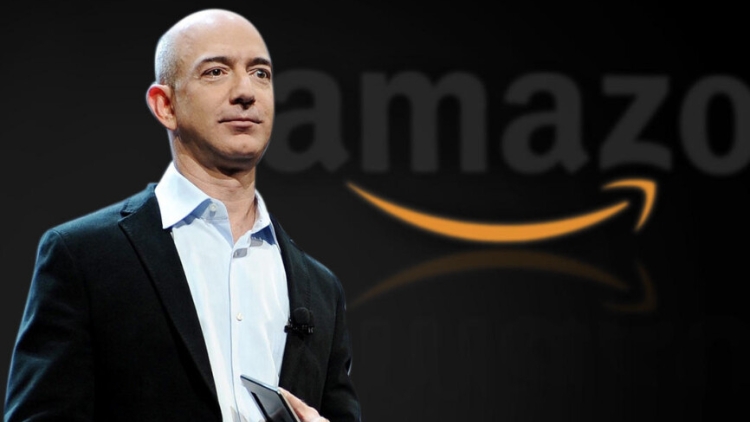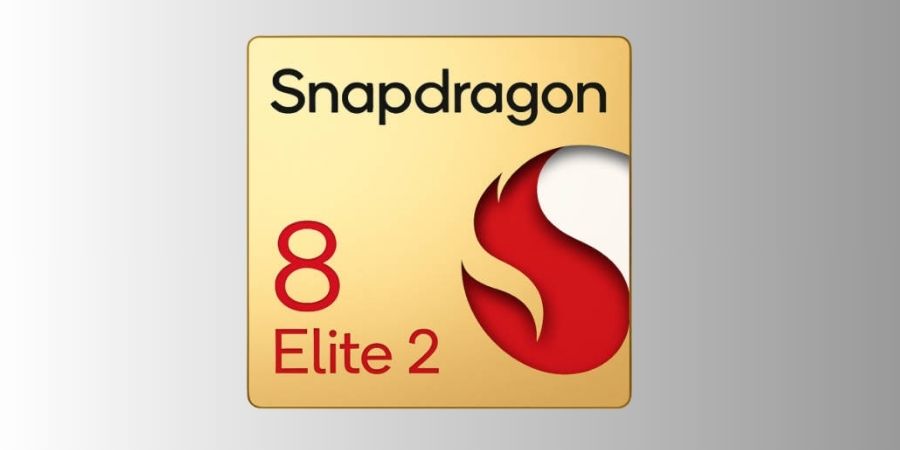Most CEOs of billion-dollar companies negotiate huge pay packages filled with bonuses, stock options, and big salaries. But Jeff Bezos, the founder of Amazon, chose a very different path. He once told the Amazon board:
👉 “Don’t give me a salary. No incentive needed.”
This unusual decision gives us a window into his mindset, his leadership style, and the philosophy that helped build Amazon into one of the most valuable companies in the world.
Why Jeff Bezos Said No to a Salary
For Bezos, leadership was never about chasing money. He believed the real reward came from building something that lasted. By refusing a big paycheck, he made a clear statement:
- Amazon’s success mattered more than his personal salary.
- His wealth would come from Amazon’s long-term stock value, not short-term bonuses.
- His goals were aligned with shareholders — if Amazon grew, everyone benefitted.
In the corporate world, this was rare. Most CEOs focused on quick earnings. Bezos stood apart.
Lessons From His Mindset
Bezos’s decision wasn’t just about money — it was about vision. He showed the world that leadership is about purpose, not paychecks.
- Think Long-Term → Instead of chasing quarterly results, he focused on strategies that would matter 10 or 20 years later.
- Lead With Purpose → He cared more about building something impactful than collecting a paycheck.
- Set the Example → By refusing a huge salary, he showed his confidence in Amazon’s future.
- Customer First → He always said Amazon’s top priority wasn’t profits, but serving customers better.
Amazon’s Growth Without a Salary-Driven CEO
Even without taking massive CEO paychecks, Bezos led Amazon into becoming a global giant. Under his leadership, Amazon expanded into industries that changed daily life:
- Amazon Prime – revolutionized online shopping with fast delivery.
- Kindle & eBooks – changed how people read books.
- AWS (Amazon Web Services) – became the backbone of the internet economy.
- Alexa – brought smart assistants into millions of homes.
This growth showed that a company can reach greatness when leaders focus on building value, not maximizing personal income.
What Modern Leaders Can Learn
Bezos’s philosophy challenges traditional leadership. Success isn’t about how much you earn — it’s about the impact you create. Companies today can learn from this:
- Build cultures where customer satisfaction comes first.
- Invest in innovation and long-term projects instead of chasing short-term profits.
- Reward leaders for sustainable growth, not just quarterly numbers.
FAQs About Jeff Bezos’s Salary Decision
Q1: Why did Bezos refuse a salary?
He believed real rewards should come from Amazon’s long-term growth, not annual pay.
Q2: Did he work for free?
Not exactly. He earned a small official salary (around $80,000 at one point), but he refused the massive pay packages most CEOs demand. His wealth came mainly from Amazon stock.
Q3: How did this benefit Amazon?
It built trust. If Amazon succeeded, both Bezos and shareholders gained equally.
Q4: What was his leadership style?
Customer-obsession, long-term vision, innovation, and taking calculated risks.
Q5: What can entrepreneurs learn?
Focus on purpose, not paychecks. Put innovation and customers before personal gain.
Final Thoughts
When Jeff Bezos told the Amazon board “Don’t give me a salary”, it wasn’t just a bold statement. It was a philosophy — leadership should be about creating lasting value, not chasing bonuses.
This approach helped shape Amazon into a global empire and reshaped how we think about true leadership.
👉 The big lesson: Align your vision, your values, and your purpose — and long-term success will follow.













